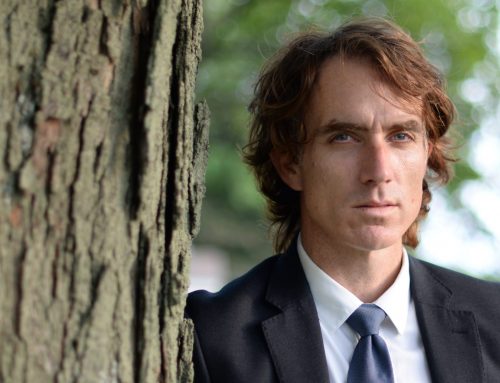The Mass Casualty Commission has announced a four-month delay to the start of proceedings, citing the volume of disclosure and witness interviews as factors causing, or justifying, the delay. I believe there is more going on, and that it may indicate there are disputes happening that have not been made public.
For months now, the Commission has established October 26, 2021 as the start date for hearings, with the first phase going until December 10th. Now, they are saying that “public proceedings” will start in January and “hearings” in February. (That distinction in itself is significant. “Public proceedings” might mean open houses or roundtable discussions. The Commission made the distinction in it’s release, yet some media have noted the delay to be until late January.)
The Commission asserts that it is still on track to submit an interim report by May, 2022 and a final report by November, 2022. That is perhaps easy to say at this stage, but expect to see an announcement in the lead-up to both of those dates explaining why they too will be delayed, especially if there is limited criticism of this delay.
The Commission has noted that there are thousands of pages of documents and many witnesses to interview, and that this is a time-consuming process. While certainly true, the disclosure volume cannot be a surprise to anyone involved in the process, and in my view does not justify this delay.
Instead, what I believe is taking place is a fight over the content of the “Foundational Documents” the Commission has been drafting. In their release, the Commission stated that the extra time “will give more time for Participants involved in the first phase of the Commission’s work (establishing What Happened) to review the evidence and information and provide input into the draft Foundational Documents”.
I suspect that behind the scenes there is a battle going on over disclosure, and that the police are resisting full disclosure. Four months would give the Commission time to hear whatever legal arguments may be warranted should the disagreement over content persist.
There is reason to be concerned about the RCMP approach to disclosure, and I am going to outline this in the next post about the underappreciated significance of the court battle currently underway regarding the Informations to Obtain search warrants, which contain the police investigation material, and which have been sealed from public view.
A delay of this nature affects many people. Other clients of the lawyers involved may have their matters moved because their lawyer has to treat the Commission with top priority, but most importantly (and most unfair) is the emotional toll such a delay takes on the families of the victims and others most affected. They go through the difficult process of preparing themselves emotionally to watch the proceedings, and then when a delay takes place, they end up doing so multiple times.
The four-month delay is a problem for that reason alone, and the whole scenario indicates that there is perhaps a larger fight going on behind the scenes over what information we the public might ever get to see during this Inquiry.

